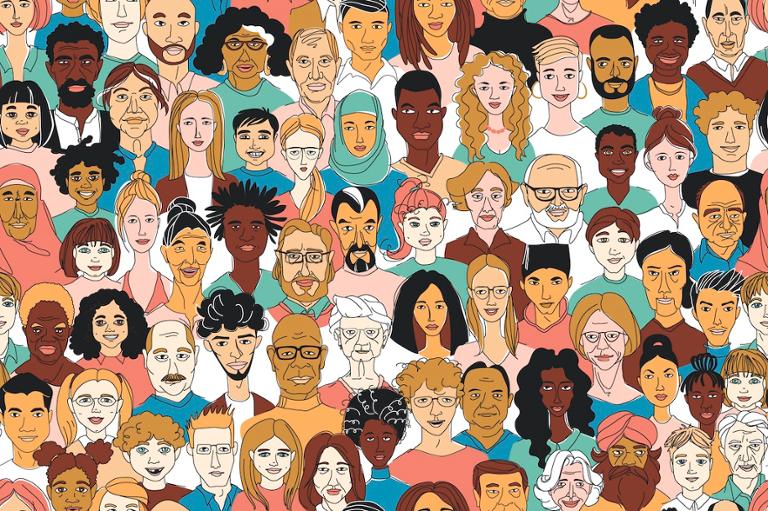Does the professional developer community boast much diversity? The short answer: There’s much work to be done if companies want a developer workforce that’s more balanced when it comes to race and ethnicity.
That’s the conclusion you could draw from the latest edition of Stack Overflow’s Developer Survey, which queried 38,257 professional developers about their race and ethnicity. Here’s the breakdown of how those developers responded:
“Consistent with the data from last year, we still see evidence that people of color are underrepresented among professional developers,” read the note accompanying the data. “Despite a gradual change year-over-year, there is still much work to do to increase participation rates.”
This isn’t a new revelation, of course. For years, some of tech’s most prominent companies have made a very public effort to diversify their technical ranks, albeit with inconsistent results. Last year, for example, a breakdown from Wired showed that, over a five-year period, the percentages of black and Latinx workers at some firms barely budged, despite efforts to modify HR practices and modify talent pipelines.
“The numbers are particularly stark among technical workers—the coders, engineers, and data scientists who make these companies hum,” the magazine reported. “At Google and Microsoft, the share of U.S. technical employees who are black or Latinx rose by less than a percentage point since 2014. The share of black technical workers at Apple is unchanged at 6 percent, less than half blacks’ 13 percent share of the U.S. population.”
Fortunately, it seems that many of these firms are aware of how much ground they need to make up. Google has called out its own slow progress in its annual diversity reports, for example, despite devoting significant resources to diversifying its workforce. At Uber, where black or African-American technologists only made up 3.6 percent of the tech workforce, the 2019 diversity report was a call for “aiming sky-high” with inclusion and diversity initiatives: “We know from experience that reducing and eliminating inequity is hard to do if all you shoot for is incremental change.”
Race and ethnicity aren’t the only focus of tech’s diversity push. There’s also been a years-long push for gender pay equity, although a recent Dice study suggests that there’s much ground to be made up in this area, as well. Nearly every U.S. state showed a negative pay differential, meaning that women in tech are paid less than men.


